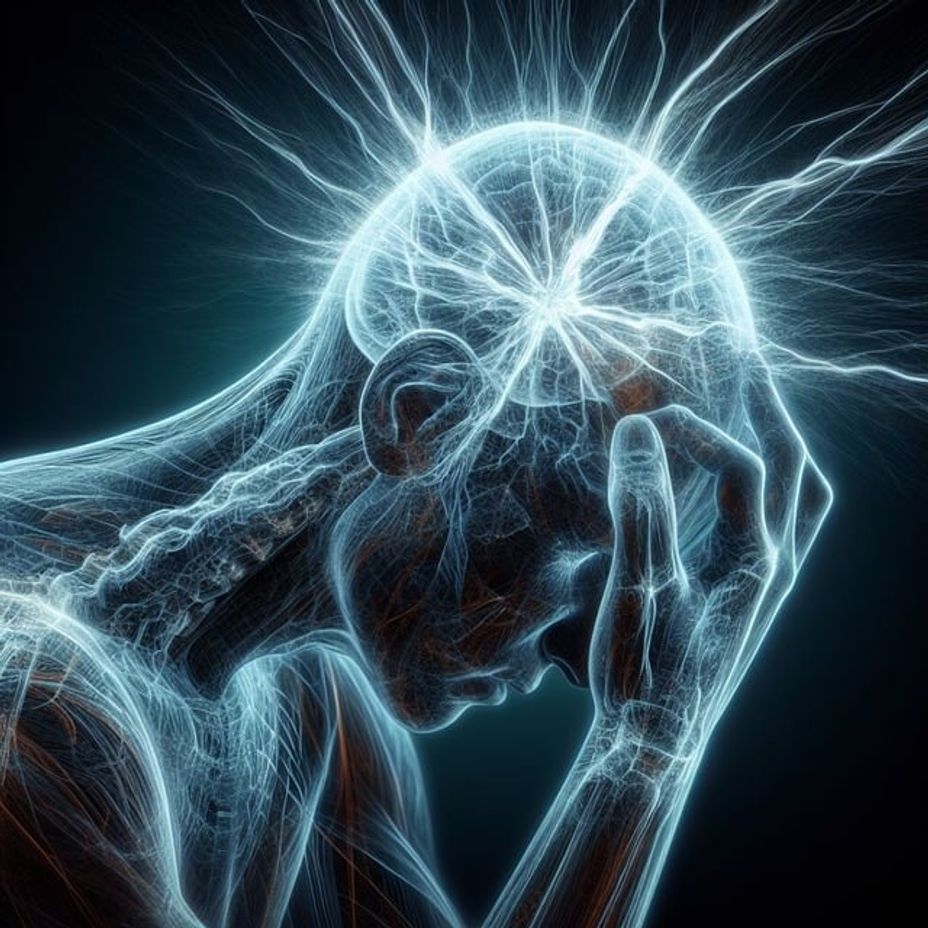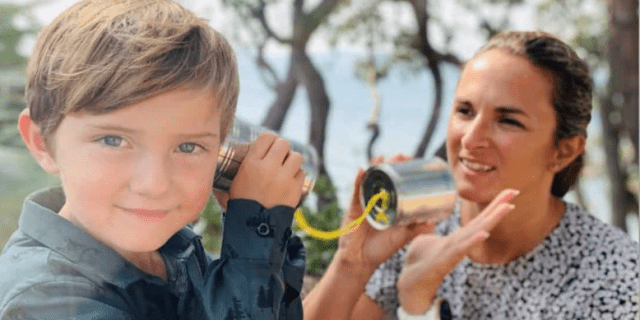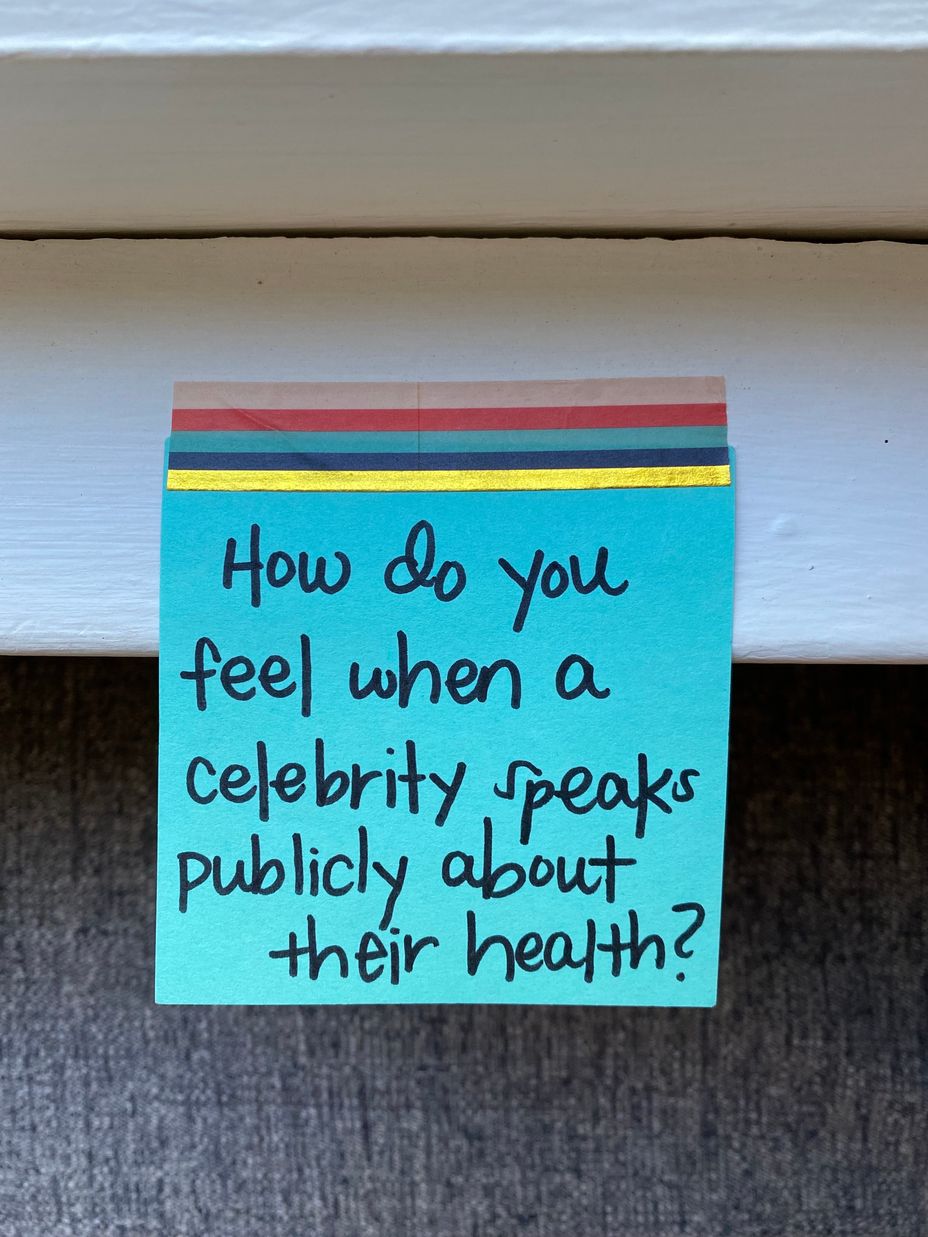This will be long, sorry about that.
In 2020, I filed for Disability with a law firm in Colorado, and it turned out to be a nightmare. They ignored my calls and emails for years, and when my court date finally came, they didn’t have the necessary documents prepared, despite my repeated attempts to check in. For months before the hearing, I reached out, made sure they knew what was needed, and was reassured everything was ready. But when the time came, I was the only one on the call to explain my case. My girlfriend took time off work to be there, but she wasn’t allowed to join. I lost the case. That was almost a year ago. They filed an appeal, but I haven’t heard a single word from them since. At this point, it’s clear I need new representation, someone that actually cares. They admitted to managing 10,000 cases with only two attorneys, which tells me they prioritize easy wins for a quick payout and leave people like me behind.
In 2017, I was thriving—managing multi-million-dollar IT projects in Colorado. Like many people, I thought buying a house was the next step in life. That’s when things started falling apart. A few months after moving in, I began experiencing inexplicable neurological symptoms. For over a year, I saw multiple doctors and specialists, but they found nothing conclusive. Eventually, one doctor told me my symptoms were all in my head. I even asked if it could be mold in the house, but he said there was no reliable way to test for it and that mold wouldn't explain what I was going through. My condition deteriorated to the point that I attempted suicide—luckily, I survived. This, and the fact that my girlfriend’s dog died after living in the house for just a few months, sparked my determination to find an answer.
Eventually, I found a holistic doctor who specialized in mold toxicity. When we met, without knowing my story, she began describing the exact experiences I had been living through. It was uncanny and validating. For the first time, I felt like someone understood what was happening to me. She explained that testing could measure certain markers for mold toxicity and environmental sensitivities, and I began an intensive detox process that was supposed to take two years. I had to sell or get rid of everything I owned and moved into a new apartment in January 2020 to escape any possible mold exposure.
Two years into treatment, I wasn’t improving as much as expected. After testing my new apartment, my doctor said the mold exposure was “borderline.” But I was still feeling small improvements, so I kept going, believing I was on the right track, even if slower than anticipated.
Sometime later, my girlfriend got a major promotion, and we moved to Minnesota. By this point, I was starting to feel around 70-80% better. I was still not 100% as I still had this thick brain fog, but I optimistic about the future enough to start scouting placed I’d like to apply for work. I did have this persistent headache, but I was told it was likely just allergies to the new environment. However, after a few months, my original symptoms were back in full force—severe brain fog, insomnia, aphasia, anxiety, depression, and even uncontrollable rage that led to self-harm. I later learned there was a leak in the building that extended from the 4th floor down into the underground garage—I could hear the water dripping in the walls. So, we moved again, this time to a newly built apartment, hoping to start fresh in a clean environment. Unfortunately, I wasn’t able to sell everything this time, but at least I thought the new place would be clean.
We’ve now been in this apartment for about a year, and for a time, I was feeling much better. Friends and family even commented on how much I’d improved when they saw me. But after returning from a trip away, the headaches and sleeping issues started creeping back. When I asked the property manager, I learned there had been recent water damage from a roof leak in the apartment next to ours—right above my bed on our shared wall. And now, just like before, my symptoms are creeping back, and I’m losing hope.
I’m trapped. I can’t go live with my parents or any friends. I still have some medications, but Medicaid doesn’t cover any of what I need, and I haven’t been able to work since 2019. This illness is not who I am. I used to be active and helpful, but this has broken me.
If I could win my disability case, I could afford a clean place to live, get the medications I need, and begin working again. But if nothing changes, I don’t know where I’ll end up—maybe living in a tent just to breathe clean air.
I need help. My therapist, who saw me improve over time, has since left his practice, and now I’m back to square one trying to find someone who can advocate for me. This isn’t psychological—it’s physical—and I’m determined to recover and get back to work.
I consider myself lucky. Before this illness, I had a prestigious career and a stable life. Many people who suffer from mold toxicity don’t have that background, and it’s even easier for them to be dismissed as crazy. I know that with my history and my determination to work again, I can be proof that this illness is real and affects countless people. I’m certain many who have been written off as mentally ill, who have committed suicide, or who have lost everything, were suffering from mold toxicity and never got the help they needed.
There’s real research supporting the neurological impact of mold and environmental toxins. This study shows how exposure to these toxins can cause brain fog, cognitive impairment, and fatigue, validating my symptoms.
https://pmc.
I'm breaking this link because I don't want it shown as a thumbnail but just take this out
ncbi.nlm.nih.gov/articles/PMC7231651
Mold toxicity is still relatively new in the medical field, much like fibromyalgia was once dismissed. Doctors don’t fully understand the neurological impact yet, but research is starting to reveal the connection. I believe that in the coming years, this will be as widely recognized as fibromyalgia is today.
What I need now is someone who understands or wants to learn this illness and is willing to help me. If there’s anyone studying this who can take me under their wing that can provide a clean place to live, I can be observed as I recover. I’m sure that my recovery will not only change my life but can be used as a way to help countless others. I know I could turn my experience into something positive and advocate for those who are suffering in silence.
I’ve been lucky to survive this far, but I need help to keep going. I’m so close and the longer I stay here, the longer it’ll take me to recover.
Thanks for reading, even if it’s just informational.






